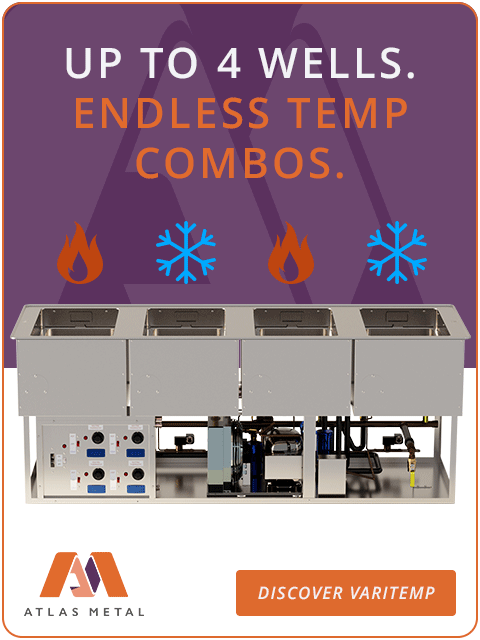CN purchases iron-ore cars, enhances U.S. Steel partnership
4/11/2024
By Jeff Stagl, Managing Editor
It’s been a long while since CN bought new rail cars designed to transport iron ore — 15 years to be exact. But now, the Class I is in the midst of adding 600 next-generation iron-ore cars to its metals and minerals fleet in the upper Midwest.
CN has ordered the cars from FreightCar America Inc., which is building them at its plant in Castanos, Mexico. The cars are engineered to meet the highest standards of efficiency and reliability, CN officials say.
They incorporate high-quality materials from U.S. Steel designed to enhance performance and durability. The cars help strengthen the collaboration between the railroad and U.S. Steel in the North American supply-chain ecosystem, CN officials say.
The rolling stock is used to transport iron-ore pellets mined by U.S. Steel in northern Minnesota through CN’s rail network, docks and vessels to various U.S. Steel mills. The raw materials will be used to produce a variety of things, including the iron-ore cars.
U.S. Steel’s ore operations are located on the Mesabi Iron Range. The company’s facilities in Mountain Iron and Keewatin, Minnesota, process mined taconite into iron-ore pellets that are used to produce steel. Combined production reaches 22 million tons of pellets annually.
CN’s service and its new cars provide a boost to the Minnesota iron-ore operations, said James Jarvi, U.S. Steel’s director of logistics, pellet movement, technology and sustainability, in an online post.
“Steel that’s mined, melted and made in America starts with iron ore and the ability to move it from the mine to the mill quickly and efficiently. This partnership will help U. S. Steel make that possible,” he said.
 U.S. Steel’s facilities in Mountain Iron and Keewatin, Minnesota, process mined taconite into iron-ore pellets that are used to help produce steel. U.S. Steel
U.S. Steel’s facilities in Mountain Iron and Keewatin, Minnesota, process mined taconite into iron-ore pellets that are used to help produce steel. U.S. SteelSo far, 458 of the 600 cars are in service on CN’s Duluth, Missabe and Iron Range Railway (DMIR) subsidiary in northern Minnesota, said Helen Quirke, CN’s vice president of supply chain and business development, in an email. Another 50 cars are in transit to the DMIR and the remaining 92 cars are scheduled for delivery by the end of the second quarter.
In 1988, U.S. Steel placed the DMIR and other railroads under the control of a subsidiary named Transtar. In 2001, Transtar sold the railroads to Great Lakes Transportation LLC.
Then in 2004, CN acquired Great Lakes Transportation. The transaction included three short lines — the DMIR, Bessemer and Lake Erie Railroad Co. and Pittsburgh & Conneaut Dock Co. — and shipping firm Great Lakes Fleet Inc.
 To date, 458 of the 600 cars are in service on CN’s Duluth, Missabe and Iron Range Railway subsidiary. The remaining cars will be delivered by late June. CN
To date, 458 of the 600 cars are in service on CN’s Duluth, Missabe and Iron Range Railway subsidiary. The remaining cars will be delivered by late June. CNThe partnership with U.S. Steel exemplifies CN’s commitment to collaboration, innovation and powering the economy, said Quirke. The railroad aims to participate in supply-chain solutions that not only enhance operational efficiency, but help grow business.
CN — which ships a wide range of metals and minerals in varied equipment — is the top mover of aluminum, iron ore and base metal ore in North America.
The iron-ore cars are part of a supply-chain solution that targets metals/minerals volume growth, but that type of new rolling stock hasn’t played that type of role at CN for more than a decade.
“[We last] purchased 232 ore cars that were put into service in 2009,” said Quirke.



